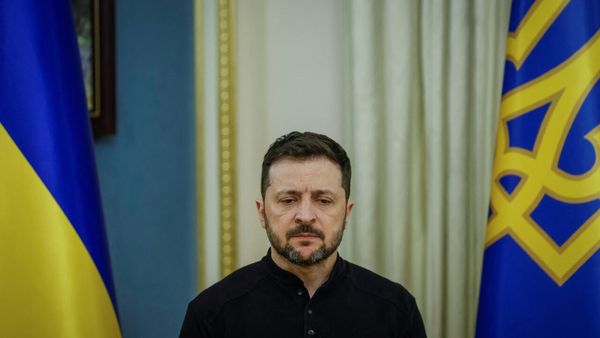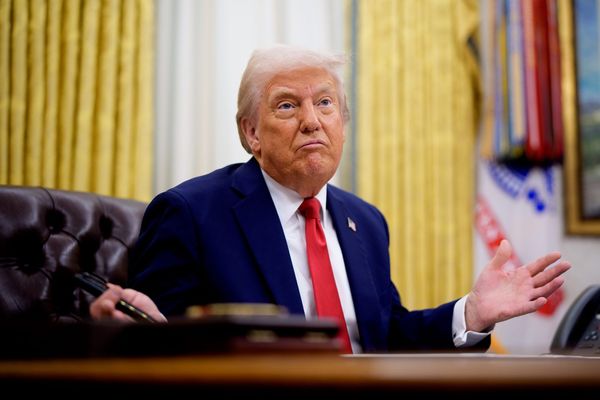
The Australian government has raised concerns with the Israeli government over a minister’s “inflammatory” remarks about the Palestinian people, Guardian Australia can reveal.
Israel’s finance minister, Bezalel Smotrich, has provoked outrage by saying there was “no such thing as a Palestinian people”, just weeks after he said the Palestinian town of Huwara in the West Bank should be “erased”.
A source who did not wish to be named said Australia had conveyed concerns about Smotrich’s “inflammatory and irresponsible” comments in discussions with senior Israeli counterparts.
It has urged Israeli and Palestinian leaders to refrain from unilateral actions that undermine the prospects of a future two-state solution, saying they should work to create the conditions for peace and, ultimately, return to direct negotiations in good faith.
In addition, Australia has used talks with senior Israeli counterparts to raise the government’s plans to rein in the powers of the judiciary, a controversial proposal that has sparked massive strikes and protests.
The embattled prime minster, Benjamin Netanyahu, bowed to pressure on Monday and delayed his far-right government’s proposals to overhaul the judiciary after 12 weeks of escalating political crisis.
Netanyahu said he was “not willing to tear the nation in half”, although he has not dropped the plans altogether.
The Australian foreign affairs minister, Penny Wong, said on Tuesday night that Australia welcomed Netanyahu’s decision to pause the legislation.
Wong said Australia had “a longstanding friendship with Israel based on shared values and a commitment to democracy and the rule of law”.
“A robust system of checks and balances is a fundamental characteristic of any modern democracy,” she said.
“We encourage parties to find common ground consistent with democratic principles.”
Proponents of the judicial changes have argued they are needed to better balance the branches of government and combat a perceived leftwing bias in the court’s rulings.
But critics say the changes will erase democratic norms, handing politicians too much power by allowing a simple majority in the Knesset to overrule almost all of the court’s decisions, and giving politicians a decisive say on appointments to the bench.
It has also been pointed out the move could help Netanyahu evade prosecution in his corruption trial, in which he denies all charges.
In October, the Australian Labor government reversed the previous Coalition government’s recognition of West Jerusalem as the capital of Israel, a move that triggered criticism from Israel’s then prime minister, Yair Lapid.
Wong announced the decision at a press conference a day after Guardian Australia revealed the Department of Foreign Affairs and Trade had quietly changed the language on its website.
At the time, said the government was simply reaffirming “Australia’s previous and longstanding position that Jerusalem is a final-status issue that should be resolved as part of any peace negotiations between Israel and the Palestinian people”.
The government has not committed to a timetable to meet a Labor platform commitment to recognise Palestinian statehood.
Additional reporting by Bethan McKernan in Jerusalem







